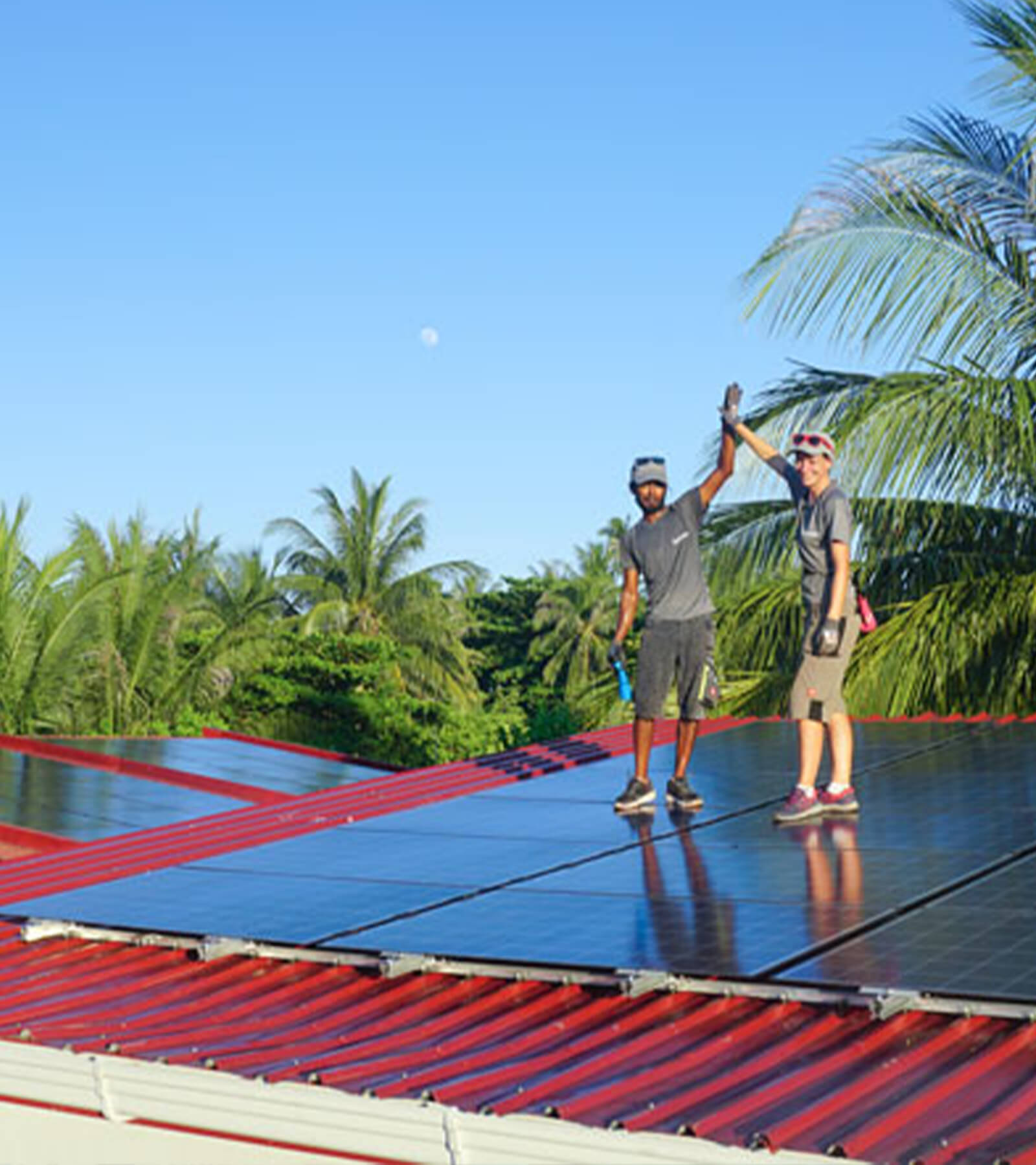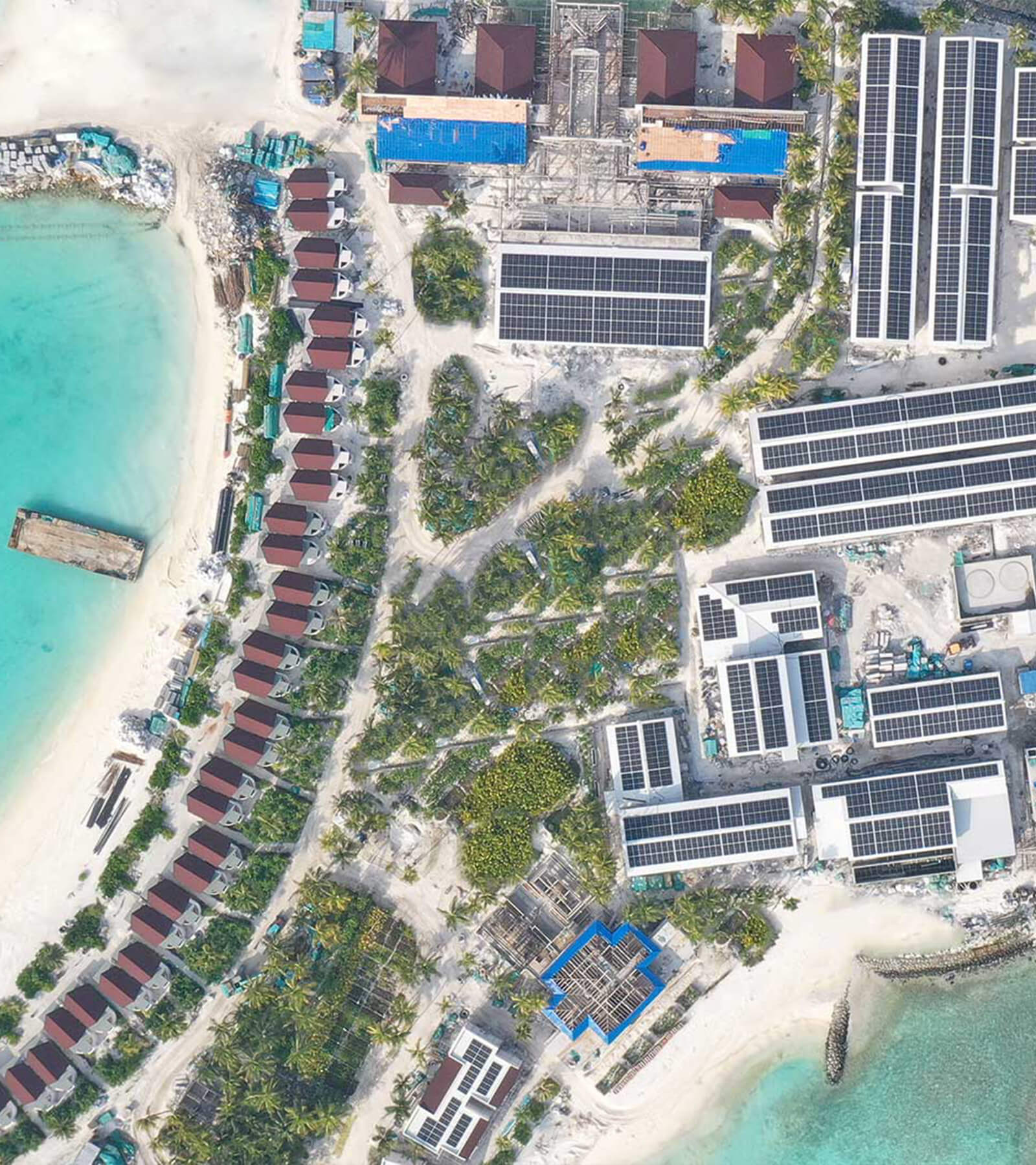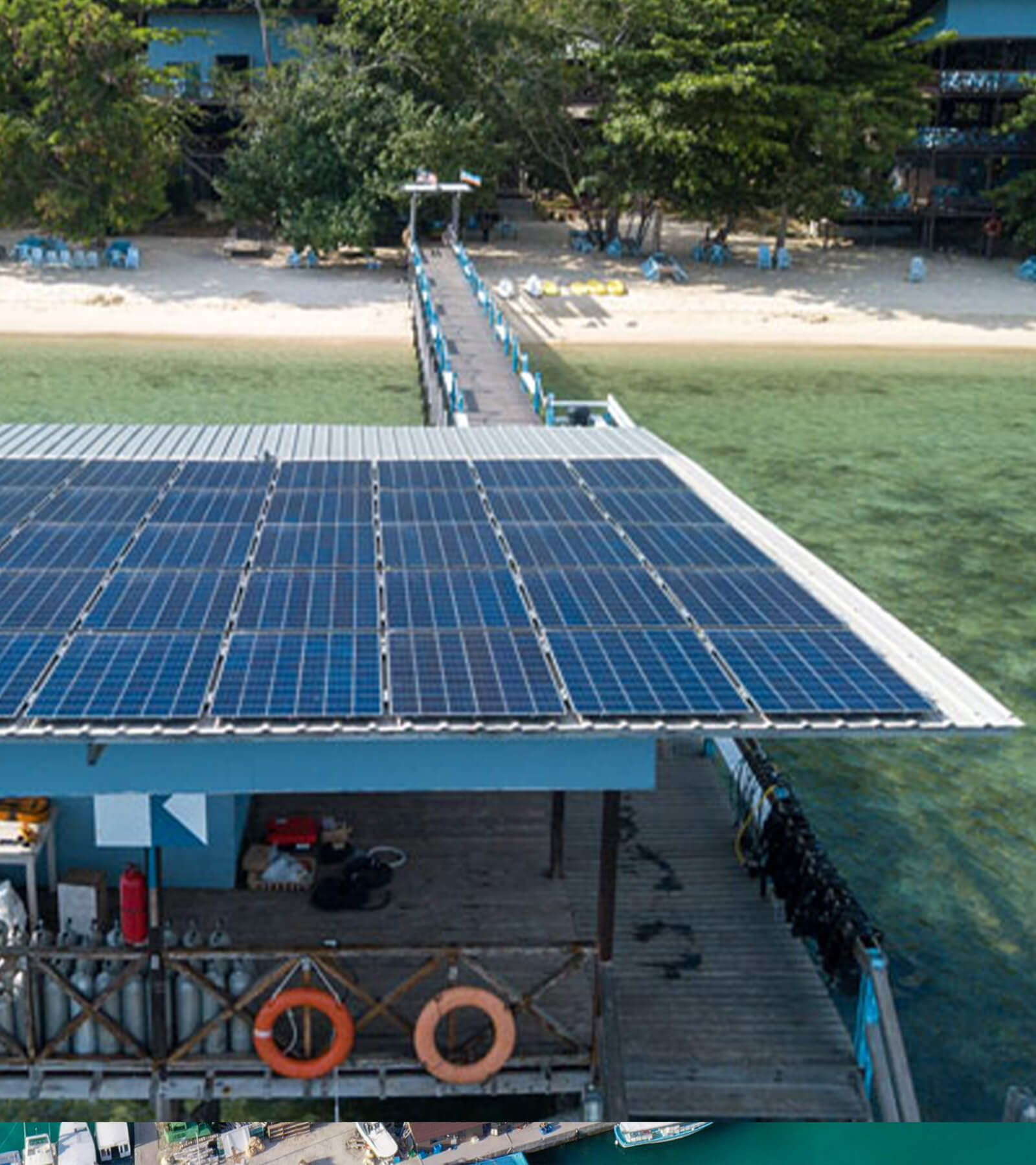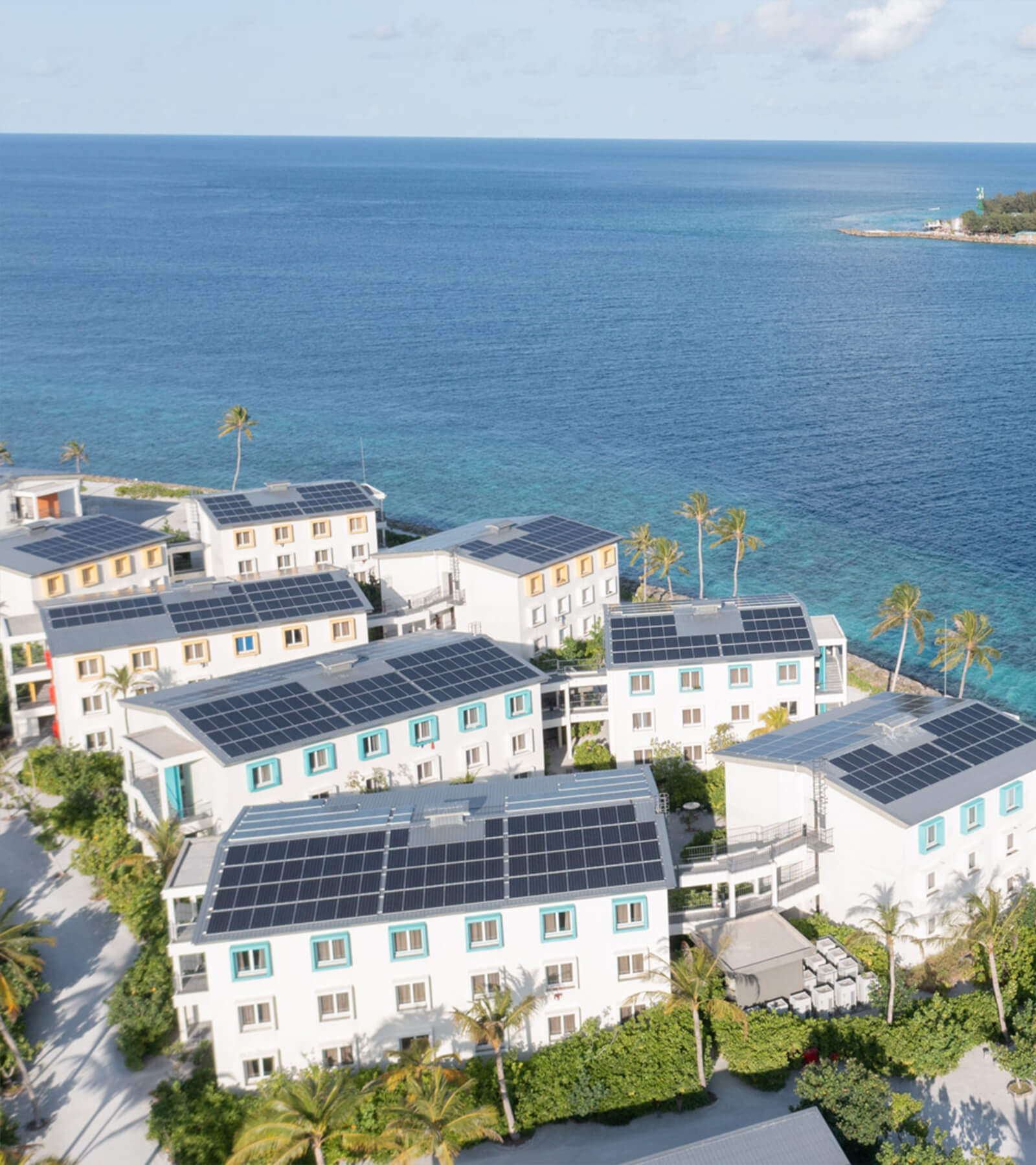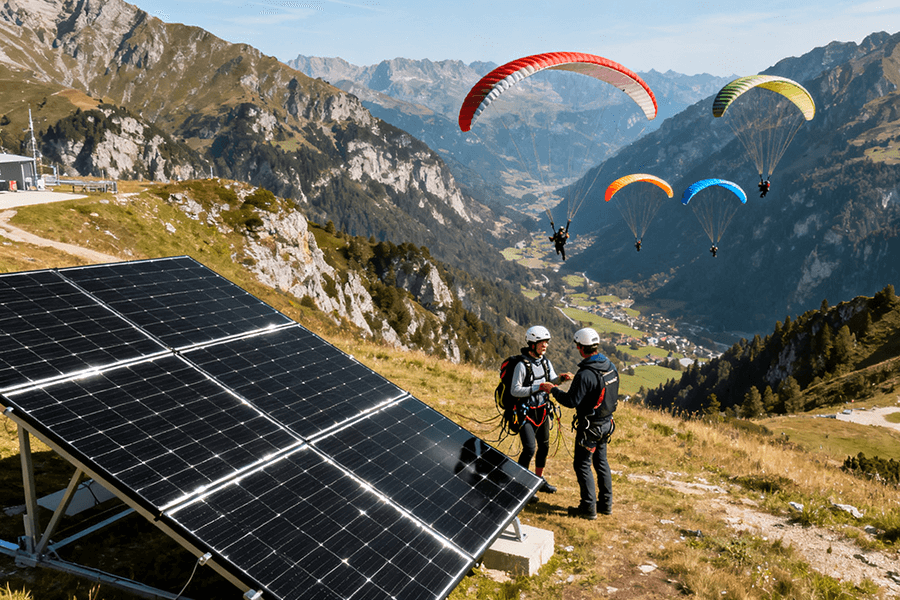
The Diesel Dilemma in Mountain Skies
Imagine this: A group of eager paragliding students in the Swiss Alps gears up for their first winch launch—only to hear the camp’s diesel generator sputter to a halt. Cue groans, rescheduled flights, and a €9,000 hit to the base’s weekly revenue . For Europe’s 120+ mountain paragliding training bases, this scenario is all too common. According to 2025 industry data, 85% of these facilities rely on diesel generators—essentially “fossil fuel lawnmowers with delusions of grandeur”—that fail an average of 3.2 times annually .
The problems don’t stop at outages. Diesel generators roar at 75-95dB (louder than a chainsaw ), disrupting wind speed and turbulence sensors that need near-silent conditions to function accurately. A single sensor error can lead to canceled training or, worse, unsafe flight conditions. And let’s not forget the logistics: Hauling diesel to remote mountain sites costs €1,200–€2,500 per resupply , while EU emission limits (EU Directive 2024/123 ) threaten fines for non-compliance.
Enter BESS containers: The quiet, rugged, and eco-friendly cousin of diesel generators. These “battery fortresses” operate at ≤35dB (quieter than rainfall ), start in 0.02 seconds , and thrive in -40°C alpine winters . For paragliding bases where safety and reliability are non-negotiable, BESS containers aren’t just an upgrade—they’re a lifeline.
Core Applications in Training Operations: Powering Flights (and Sanity)
Paragliding training bases run on three non-negotiables: winches that launch students safely, weather sensors that prevent disasters, and classrooms that teach theory. BESS containers deliver on all three—without the diesel drama.
Training Winch Power: No Outages, No Stranded Students
Training winches require steady 3-phase 400V power to launch paragliders smoothly. Even a 1-hour outage halts training, strands students on mountain slopes, and erases revenue. BESS containers eliminate this risk with instant backup power, keeping winches running through grid failures or storm-induced blackouts.
Case Study: Swiss Interlaken Training Base
In 2024, the base deployed a 300kWh BESS container to power its two training winches. During a 4-hour grid outage caused by an alpine storm, the BESS kicked in seamlessly—allowing the base to complete 20 training sessions and avoid €18,000 in lost revenue . “We used to cross our fingers every time the wind picked up,” said the base manager. “Now the BESS is our safety net—quiet, reliable, and no more diesel fumes ruining the mountain air.”
Weather Monitoring and Classroom Power: Keeping Certification On Track
Wind speed sensors (critical for determining safe flight conditions) and classroom projectors (for theory lessons) need uninterrupted power. A sudden outage doesn’t just pause training—it derails certification timelines for students who’ve traveled from across Europe.
Case Study: Austrian Salzburg Training Base
The base’s 250kWh BESS container was put to the test during a 3-hour storm outage in 2025. While neighboring bases canceled sessions, Salzburg’s weather sensors continued transmitting real-time data (wind speed, turbulence, temperature), and classrooms stayed operational. 30 students completed their theory exams and practical flights as scheduled—avoiding costly rescheduling fees and maintaining the base’s 98% certification rate .
|
Power Requirement
|
Diesel Generator Risk
|
BESS Container Solution
|
|
Winch (3-phase 400V)
|
78% failure rate in cold weather
|
0% outage risk; 24/7 continuous power
|
|
Wind Sensors
|
40% error rate due to noise
|
≤35dB operation; 99.9% sensor accuracy
|
|
Classroom Projectors
|
Intermittent power; lost lesson time
|
Uninterrupted runtime; on-schedule certification
|
Safety-Focused and Eco-Design: Quiet, Clean, and EU-Compliant
BESS containers aren’t just reliable—they’re engineered for mountain safety and sustainability. From noise reduction to diesel elimination, they check every box for the EU’s “Safe Adventure Education” initiative .
Quiet Operation: Silence Is (Safety) Golden
Wind monitoring equipment is sensitive to loud sounds—diesel generators (80dB+) cause sensor errors, leading to misjudgments about flight safety. BESS containers operate at ≤35dB , eliminating noise interference and keeping students focused (no more shouting over generator roars during pre-flight briefings).
Case Study: French Chamonix Training Base
In 2023, the base replaced its 80dB diesel generator with a 250kWh BESS container . The results were staggering:
- Wind sensor errors dropped by 40%
- Student pass rates increased by 25% (thanks to clearer communication and accurate weather data)
- Neighboring wildlife (including rare alpine birds) returned to the area—no more diesel fumes driving them away .
Diesel Generator Replacement: Saving Money, Saving the Planet
Remote mountain bases face two diesel nightmares: high transport costs and strict EU emission limits. BESS containers eliminate diesel use entirely, cutting fuel bills and earning certifications that attract eco-conscious students.
Case Study: Norwegian Tromsø Training Base
After deploying a 300kWh BESS container in 2024, the base reduced diesel consumption by 98%—saving €24,000 annually in fuel costs . The base also earned EU “Safe Adventure Education” certification , a credential that increased bookings by 30% (mostly from eco-tourism groups). “Diesel was a logistical nightmare,” said the base owner. “Now we’re saving money, complying with EU rules, and marketing ourselves as a sustainable training destination—win-win-win.”
|
Environmental & Cost Metric
|
Diesel Generator
|
BESS Container
|
Savings/Improvement
|
|
Annual Fuel Cost
|
€24,000+
|
€480 (minimal electricity)
|
€23,520/year
|
|
CO₂ Emissions
|
2.6kg CO₂/liter
|
0g CO₂
|
534 tons/year avoided
|
|
EU Certification Eligibility
|
No
|
Yes (Safe Adventure Education)
|
30% booking increase
|
Sustainability and Operational Benefits: Solar-Wind Synergy & Low Maintenance
BESS containers don’t just replace diesel—they integrate with renewable energy sources and reduce downtime, making training bases more efficient and profitable.
Solar-Wind-BESS Integration: Powering Flights with Sunshine and Wind
Mountain paragliding bases are perfectly positioned for renewable energy: Hilltop solar panels soak up sunlight during training seasons (May–September), while small wind turbines harness alpine breezes (complementing winch energy use). BESS containers store this renewable power, ensuring 24/7 reliability even when the sun isn’t shining or the wind isn’t blowing.
Case Study: Swedish Åre Training Base
The base paired a 200kW solar-wind system with a 300kWh BESS container in 2024. Today, 80% of its power comes from renewables—attracting eco-conscious students who pay a 15% premium for sustainable training . “We’re not just teaching paragliding—we’re teaching responsible adventure,” said the base instructor. “The BESS-solar-wind setup is a selling point, and it’s better for the mountains we love.”
Low-Maintenance Reliability: Less Time Fixing, More Time Flying
Diesel generators require constant upkeep: oil changes, fuel refills, and repairs that cost €3,500–€5,000 annually . BESS containers need minimal maintenance (no oil changes, no fuel refills) and have a 10-year lifespan—reducing training downtime by 75% .
|
Task
|
Diesel Generator
|
BESS Container
|
|
Oil Changes
|
Every 50 hours
|
Never
|
|
Fuel Refills
|
Every 8–12 hours
|
Never (charged via grid/solar/wind)
|
|
Annual Maintenance Cost
|
€3,500–€5,000
|
€1,200–€1,800
|
|
Downtime per Year
|
18–24 hours
|
4–6 hours
|
Maxbo Solar: Powering Your Paragliding Training Base (First Person)
At Maxbo Solar, we’ve spent a decade engineering BESS containers for Europe’s harshest mountain environments—and paragliding training bases are our specialty. As someone who’s worked with 50+ alpine facilities (from Swiss ski resorts to Norwegian rescue stations ), I know what matters: reliability in -40°C winters, quiet operation for wind sensors, and seamless integration with solar-wind systems.
Our BESS containers are built specifically for paragliding bases, with features that solve your unique challenges:
- Alpine-Hardened Design: IP68-rated (waterproof/dustproof) and insulated to withstand -45°C temps —no more frozen batteries derailing training during winter storms.
- Winch-Optimized Power: Stable 3-phase 400V output with instant backup (0.02-second startup) to keep winches running through even the longest grid outages .
- Solar-Wind Compatibility: Our proprietary software syncs with hilltop solar panels and wind turbines, maximizing renewable energy use (up to 80% ) to cut costs and boost sustainability credentials.
- Low Maintenance Peace of Mind: We offer 24/7 remote monitoring (so we spot issues before you do) and annual service—so you can focus on training students, not fixing equipment.
One of our recent clients, the Swiss Interlaken Training Base, summed it up best: “Maxbo’s BESS container has transformed our operation. No more diesel fumes, no more outages, and our students love that we’re sustainable.”
If you’re tired of diesel generator headaches—lost revenue, sensor errors, and EU compliance stress—visit www.maxbo-solar.com to learn how our BESS containers can power your training base. We’ll customize a solution for your winch capacity, weather monitoring needs, and renewable energy goals—because at Maxbo, we don’t just sell batteries. We sell peace of mind for paragliding instructors and safety for their students.
Conclusion: The Future of Aerial Learning Is Silent and Sustainable
BESS containers are more than a power solution—they’re a game-changer for European mountain paragliding training bases. By eliminating diesel use, reducing outages, and supporting the EU’s “Safe Adventure Education” initiative, they make training safer, more sustainable, and more profitable.
The data speaks for itself: BESS containers cut fuel costs by 98% , reduce sensor errors by 40% , and increase student pass rates by 25% . With EU emission rules tightening and eco-tourism on the rise, the writing is on the wall: Diesel generators are dinosaurs, and BESS containers are the future.
We predict that by 2032, 85% of European paragliding training bases will replace diesel generators with BESS containers . For base owners, this isn’t just a trend—it’s a necessity. After all, when it comes to teaching people to fly, the last thing you need is an unreliable generator grounding your operations (and your students’ dreams).
So here’s to silent power, safe flights, and sustainable training—powered by BESS containers. The mountains (and your bottom line) will thank you.

